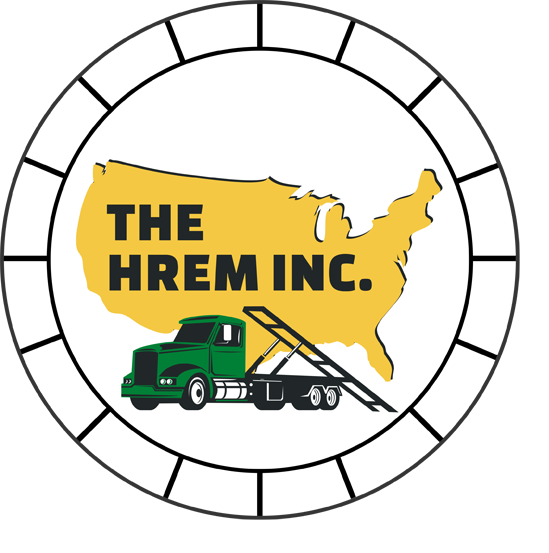
Safety First: Best Practices for Roll-Off Truck Operators
Essential Best Practices for Roll-Off Truck Operators
Roll-off trucks play a crucial role in waste management and construction industries, efficiently transporting and disposing of large amounts of debris and materials. However, operating these heavy vehicles comes with significant responsibilities, as safety should always be the top priority. In this blog post, we will explore essential best practices for roll-off truck operators to ensure a safe working environment for themselves, their colleagues, and the general public.
1. Pre-Operation Inspection
Before getting behind the wheel, roll-off truck operators should conduct a thorough pre-operation inspection to identify any potential issues. Here are the key points to cover during the inspection:
– Check the engine, brakes, and other mechanical components for any signs of damage or malfunction.
– Ensure the hydraulic system is functioning correctly and inspect the hydraulic lines for leaks.
– Inspect tires for proper inflation, tread depth, and signs of wear.
– Verify that safety equipment, such as mirrors and lights, are clean and in working condition.
– Confirm that the load is secured and evenly distributed to prevent shifting during transit.
2. Proper Loading Techniques
Proper loading is essential to maintain stability and prevent accidents while transporting materials. Operators should adhere to the following loading guidelines:
– Distribute the load evenly within the container to prevent tilting or imbalance.
– Avoid exceeding the maximum weight capacity of the roll-off truck to maintain control and prevent strain on the vehicle’s components.
– Use proper securing techniques, such as straps and chains, to prevent the load from shifting during transit.
3. Defensive Driving
As roll-off trucks are large and heavy vehicles, operators must adopt defensive driving practices to minimize the risk of accidents:
– Maintain a safe following distance from other vehicles to allow for ample braking distance.
– Use turn signals well in advance to give other drivers sufficient notice of lane changes and turns.
– Be aware of blind spots and use mirrors to monitor surroundings continually.
– Reduce speed when driving through inclement weather or challenging road conditions.
4. Communication and Signals
Effective communication is vital, especially when maneuvering large vehicles in busy construction sites or urban areas:
– Use clear hand signals or designated communication devices when working with ground crew members during loading and unloading.
– Always signal intentions before turning or changing lanes to alert other motorists and pedestrians.
5. PPE Usage and Training
Personal Protective Equipment (PPE) is a critical aspect of ensuring operator safety in the waste management and construction industries:
– Roll-off truck operators should wear appropriate PPE, including high-visibility vests, hard hats, gloves, and steel-toed boots.
– Companies must provide comprehensive training programs for roll-off truck operators, covering safety protocols, emergency procedures, and proper equipment usage.
Safety should never be compromised in any workplace, and this principle holds particularly true for roll-off truck operators responsible for handling massive loads and navigating through busy streets. By following these best practices, operators can significantly reduce the risk of accidents and injuries, creating a safer environment for themselves and everyone around them. A well-maintained truck, careful loading procedures, defensive driving techniques, effective communication, and proper PPE usage are all crucial elements in promoting a safety-first culture among roll-off truck operators. Remember, a moment of diligence can prevent a lifetime of regret, making it imperative to prioritize safety above all else.